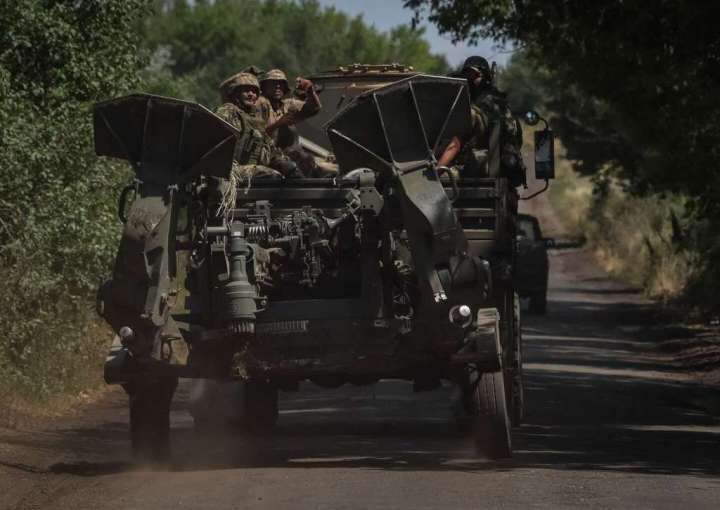Russia-Ukraine war live updates: Turkey hosts talks on grain blockade

Early last month, an employee of Sri Lanka’s court system walked into the nation’s biggest airport brandishing a judicial order grounding an Aeroflot flight that was about to take off for Moscow.
The aircraft’s nearly 200 passengers were deplaned and taken to local hotels, their travel foiled by an Irish company that had leased the jet to Aeroflot and was now demanding its return to comply with Western sanctions on Russia.
The incident kicked off a diplomatic row on the tropical island south of India, which is heavily dependent on Russia for tourist income and, of late, for fuel. First, Aeroflot halted all flights to the island, blocking the flow of leisure travelers. Then, in private talks, according to a European official familiar with what took place, Moscow threatened to cut off energy deliveries as well — something that would have worsened an economic crisis that was already causing food and fuel shortages and widespread unrest.
Within days, the court, acting after a request from the government, issued a new ruling clearing the jet to fly, and it left for Russia, where it now flies regularly between Moscow and Kyrgyzstan.
For Sri Lanka, the battle over the Irish-owned airliner was just a blip in a long string of developments that last week led to chaos as protesters stormed the homes of the president and prime minister, forcing them both to promise to resign. But for Russia, it was a victory against a four-month Western sanctions campaign, demonstrating the lengths Moscow is willing to go to defend its economy, particularly in vulnerable nations where it has leverage.






